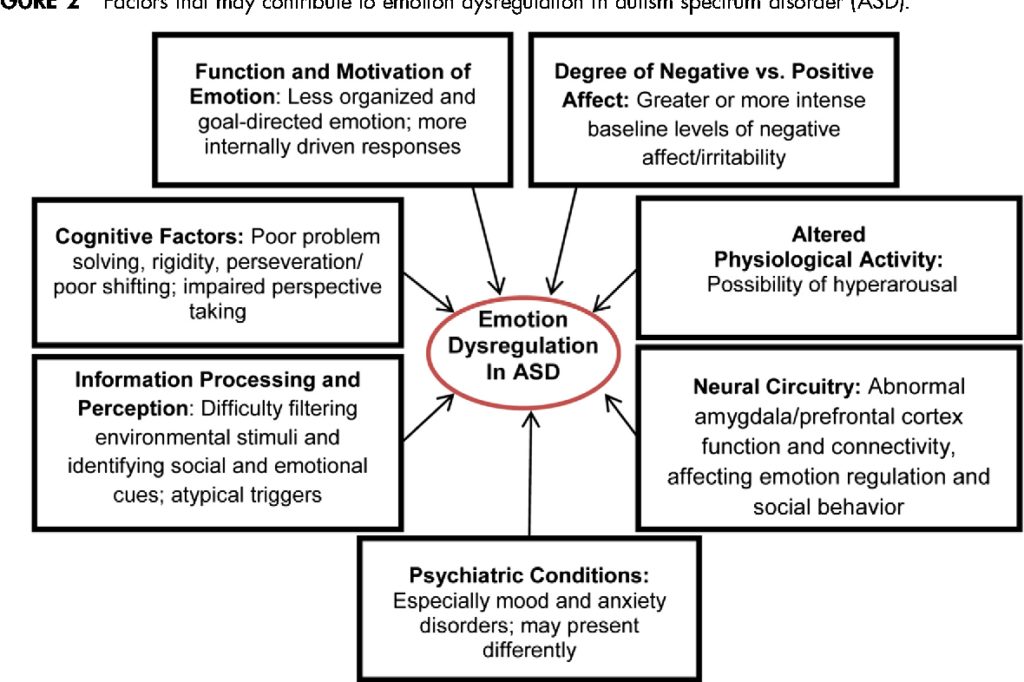How does emotional regulation occur in eating disorders?You may never have stopped to think about it, but not everyone has the same ability to recognize, accept and regulate our emotions. Now that the subject is on the table, can you think of someone who rarely recognizes something that bothers you?
Or that you have trouble dealing with your negative emotions, so much so that most people who know you know you have an anxiety or sadness problem?You may be reflected in these characteristics, the reality is that recognizing, accepting and regulating our emotions What are the skills that greatly influence various psychological disorders, including those of eating behavior?
? Is the first wealth health? -Emerson-
First, it is important to note that emotional regulation in eating disorders is different from that of people who do not have psychological pathologies, according to several scientific studies, on the one hand it has been found that these people have higher alexitimia i. e. they have more difficulty identifying and describing feelings. Of course, when a person can’t recognize the emotions they’re feeling, they’ll have more difficulty choosing the best strategy to regulate them.
The explanation is: if we don’t realize we’re angry, how are we going to do something with that anger?Complicated, isn’t it? Well, this is one of the problems of emotional regulation in eating disorders, but you have to add another obstacle: the use of inappropriate strategies to reduce discomfort, that is, when these people are aware that they feel bad, they do. non-adaptively.
“Intelligent man should regard health as the greatest human blessing. Let food be your medicine?” -Hypocrates-
On the contrary, they try to manage these emotions through escape, avoidance or denial; actually, these behaviors only have one rebound effect, resulting in a chronology of your negative emotions. Let’s take an example: when a person with this problem feels bad because they think that if they eat they gain weight, they try to control that anxiety by limiting their diet, which in the short term can reduce this discomfort.
But in the long run, this will result in fewer amounts of food to generate more and more negative emotions, so minimal discomfort will gradually increase. This vicious circle is also observed with binge-taking: the person eats because he feels bad, but immediately after he tortures himself by eating too much, then tries to vomit, which again leads him to experience negative emotions because he knows that what he is doing is wrong.
After what has been explained so far, it is clear the role that emotional regulation plays in eating disorders and the need to improve it; on the one hand, it is important to change dietary restriction or bingeing (and consequent vomiting) to other more adaptive emotional management and adaptation strategies (better for the person using them).
But that’s not all we have to work on to improve pathological behavior when a person suffers from this disease, the reality is that the ability to accept, identify and express our emotions benefits us on a global scale, producing a sense of physical and mental well-being. -being.
In addition, being able to properly regulate our negative emotions, through adaptive coping strategies, will decrease the levels of anxiety, sadness and anger we feel; In fact, it has been found that working on emotional regulation in eating disorders greatly improves your prognosis.
“Eating is not just a material pleasure. Eating well gives life spectacular joy and contributes greatly to goodwill, morality and happiness. “Elsa Schiaparelli
Images provided by Olenka Kotyk, Nordwood Themes and Jairo Alzate.

